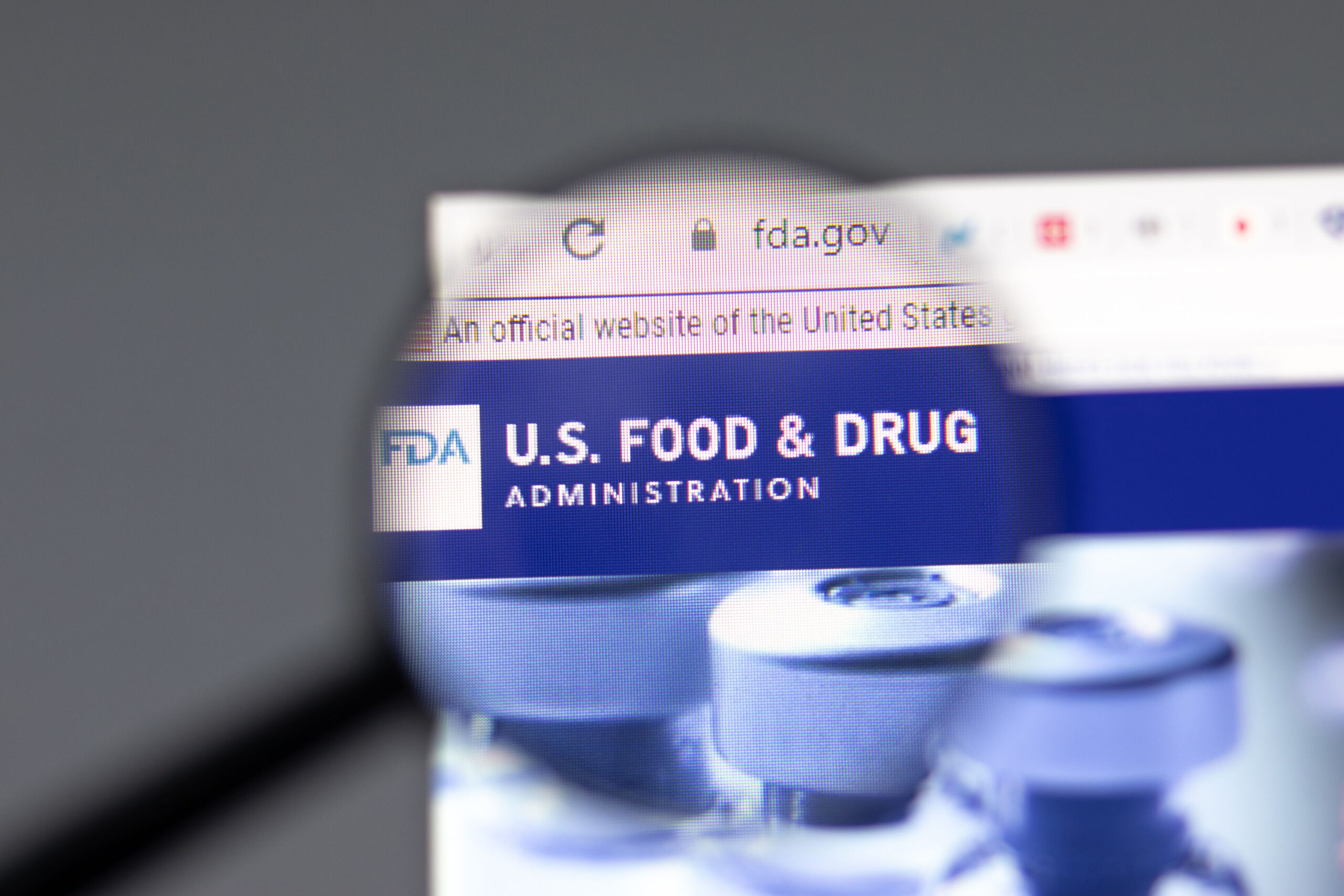On July 28th, the U.S. Food and Drug Administration (FDA) announced the long-awaited approved of the first interchangeable biosimilar, Mylan’s SemgleeⓇ. Under the Biologic Price Competition and Innovation Act (BPCIA) of 2009, which governs U.S. biosimilar development, an interchangeable biosimilar may be substituted in place of its reference product (in this case, Sanofi’s insulin glargine LantusⓇ) at the pharmacy without the need for prior physician authorization. The approval is a victory for patients and healthcare providers years in the making, according to the Alliance for Safe Biologic Medicines (ASBM). As the FDA press release states:
An interchangeable biosimilar product may be substituted for the reference product without the intervention of the prescriber. The substitution may occur at the pharmacy, a practice commonly called “pharmacy-level substitution”—much like how generic drugs are substituted for brand name drugs, subject to state pharmacy laws, which vary by state. Biosimilar and interchangeable biosimilar products have the potential to reduce health care costs, similar to how generic drugs have reduced costs. Biosimilars marketed in the U.S. typically have launched with initial list prices 15% to 35% lower than comparative list prices of the reference products.
The FDA announcement comes on the heels of Oklahoma becoming the 50th and final state to permit substitution of interchangeable biosimilars this past April. As with similar laws nationwide, patients and the prescribing physician must be made aware of the substitution, and one may be prevented by the physician if deemed medically necessary.
“For eight years, patient advocacy organizations like ASBM worked with physician and pharmacist societies, manufacturers of both originator products and biosimilars, and state legislatures in fifty states to ensure that biosimilars could be safely substituted and patients nationwide could have access to lower-cost treatment options,” said ASBM’s executive director Michael Reilly.
ASBM’s efforts in this years-long campaign consisted of conducting three nationwide physician surveys, gathering dozens of patient testimonials, physician and pharmacist interviews, letters and legislator briefings, meetings with state medical and pharmacy societies, in-person expert testimony before state legislatures, educational videos, and holding educational forums at colleges of medicine and pharmacy.
Read more about the FDA’s approval here.
